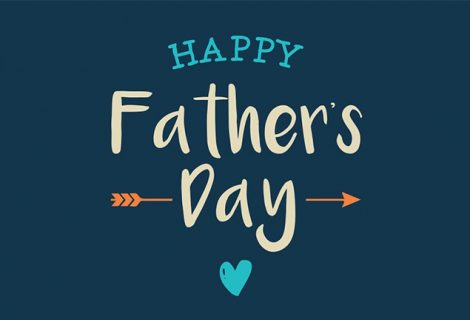Basketball Healers
Dad was a basketball healer. He knew how to bring repair and healing to teams who were divided or despairing. Not many people describe someone as a basketball healer. Part of Dad’s skill was that he could quickly assess basketball disease. Healers need to understand what to heal before they begin. The word disease should be read in this case as dis-ease. What causes this lack of health on a team?
At the lowest level is trouble. Diseased teams, whether in basketball or in life, are in strife and cause strife. Proverbs 13:10 says, “Where there is strife there is pride but wisdom comes in those who take advice.”
If there is bitterness, jealousy, back-biting then the root of the trouble is pride, egoism, selfishness, and vain ambition. Everyone thinks only of him or herself. Selfishness is contagious and creates a scarcity mindset—eat or be eaten. Leaders of troubled teams lead through blame, aggression, threats, and anger. If a team is united, there is peace, true laughter, care for others, loyalty and fidelity, passion, and a deep heart for the team.
A healthy team is made of brothers and/or sisters who would die for one another. The leader of this team motivates through encouragement, self-responsibility, self-sacrifice, and healthy wellbeing.
The biggest difference is how your team handles crisis. Crisis comes in many forms: injury, losses, pandemics, harm, difficulty, stress, pressure. Usually, crisis comes when we are not prepared, and it comes in waves. We get knocked down and the next wave hits before we get our footing.
Leaders who bring healing to teams are prepared for crisis. One of the great examples in coaching history was the transformation of Tony Bennett’s Virginia team. He lost in the first round of the NCAA Tournament, which marked the first time in history that a number one seeded team lost to the lowest seed. He faced tremendous shame, derision, and embarrassment. It was an unprecedented loss. He was mercilessly criticized and judged. But instead of feeling ashamed or embarrassed, blaming others, or falling into despair, Coach Bennett worked to heal his team. The tools he chose were encouragement, hope, thankfulness, and unity.
Dad loved the game of basketball to teach tools for life success. In life, Dad believed certain tools were necessary to heal teams. Dad loved to ask, “How is your family in a crisis?” Are you growing closer or further apart? Each family member is responsible for the health and wholeness of the team. Mental toughness is the best tool in face of discouragement or criticism. Gratitude is the best tool for solving problems. Personal one-on-one encouraging conversations are the best ways to heal tough relationships. Healers know the best tools for bringing wellbeing to a team especially during a crisis.
“Gracious words are a honeycomb, sweet to the soul and healing to the bones.” Proverbs 16:24








